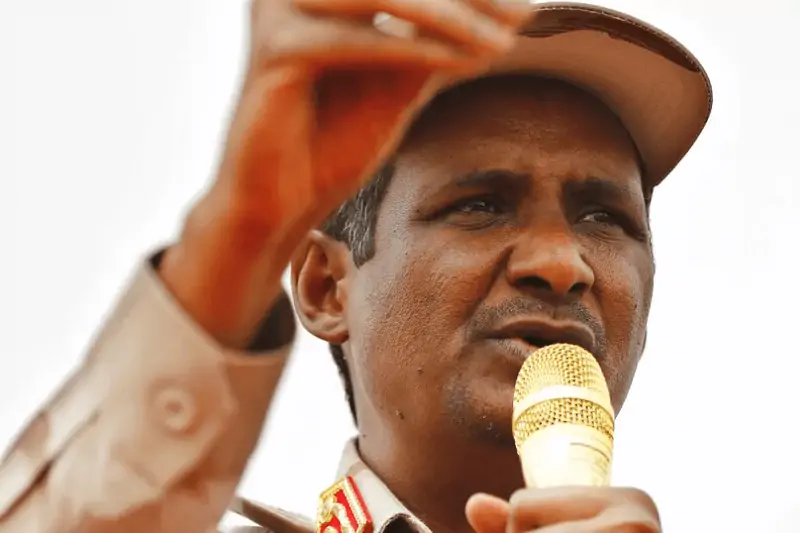On Tuesday, general Mohammed Hamdan Dagalo, head of Sudan’s Rapid Support Forces (RSF), made public on social media that he intends to visit Switzerland next month for ceasefire negotiations. The United States and Saudi Arabia have scheduled these meetings in an attempt to stop fifteen months of fierce conflict between the RSF and the Sudanese army.
The US State Department underlined the significance of these negotiations, which seek to expand on earlier conversations that fell apart late last year in Jeddah, Saudi Arabia. “We still hold the view that the issue in Sudan has no military fix. The only option to bring the crisis in Sudan under control is to call these national ceasefire negotiations and make clear that important international players support them.
Miller underlined that reaching a ceasefire is crucial to stop the starvation in Sudan from extending and to provide room for the restoration of the civilian political process. Dealing with the humanitarian catastrophe and enabling a peaceful settlement of the conflict depend on the discussions, which are regarded as absolutely essential.
General Dagalo posted on X his expectations that the negotiations will turn into “a major step” toward peace and security in Sudan and establish a new state grounded on “justice, equality, and federal rule.” “We share with the worldwide community the goal of achieving a full ceasefire across the country and facilitating humanitarian access to everyone in need,” he said.
Keep Reading
Still unknown, though, is whether the Sudanese army—under General Abdel-Fattah Burhan—will take part in the conferences. Officials at the office of the Sudanese army’s spokesman informed Associated Press that as of yet no decision has been taken regarding whether it will send a delegation. The negotiations are set to start on August 14 at some unidentified Swiss venue.
Though rights advocates believe the toll could be far higher, the United Nations estimates that 14,000 people have been killed and 33,000 others injured in the violence. With almost 11 million people driven from their homes, the fighting has also generated the biggest displacement disaster facing the world. Widespread claims of sexual abuse and even crimes against humanity have also been leveled.
Recent warnings from foreign specialists indicate that 755,000 individuals run the danger of suffering starvation in the next months. Focusing on concerns of humanitarian supplies and the safety of civilians, the UN Secretary-General’s envoy for Sudan this week arranged a series of indirect meetings in Geneva between the two parties.
The next negotiations in Switzerland offer a vital chance for both sides to solve the severe humanitarian crisis and aim for a long-lasting truce. The world community still hopes that these conversations would open the path for stability and peace in Sudan.

